“Hidden beneath our outward surfaces are layers of ourselves that we never see and others never see. Sometimes we do see the ‘red flag’ layers and easily dismiss them. We accept these red flags as ‘normal defects’ that could be present in every single human being. I was one who did dismiss red flags. I didn’t know people like this could exist. I was raised to love people and do no harm. I had much to learn! Paula writes a profound and passionate account of a real crime with real red flags and real lessons in life. I honestly do not know where my life would have taken me if not for Paula’s willing to guide me and to care about me. Thank you, Paula.” – Kay Weden, the subject of Paula’s new true crime book FIRST DEGREE RAGE
We need to stop beating up on domestic violence victims.
After more than three decades as a local law enforcement official, many days of which were spent in long conversations with victims of domestic violence, I think I have surely heard it all, or at least some version of it all, as to why the victims stay. As crazy as it seems to those of us blessed not to be in an abusive relationship, I learned from victims directly why they feel that walking away is not a realistic option for them. Some argue very convincingly that they are better off staying. Tragically, some of those I encountered were ultimately killed at the hand of their abuser. So as futile as it feels at times to plead with a victim to leave an abusive relationship, we must not stop trying. We need to listen to them, try to understand what they are really saying, and continue to remind them that they are valued, capable, strong and smart enough to make it without the abuser controlling their lives, no matter their family situations or personal circumstances. It is harder than it sounds. I am interested in what you the readers think that we might do better in the way of convincing them otherwise.
The following is a list of some, but not all, of the common excuses/reasons, in no particular order, that domestic violence victims have told to me personally that they cannot leave:
1. “I have spent my entire adult life staying home and raising our children, and now I have no skills to obtain a job to support myself.” Day after day, month after month and even year after year, abusers frequently insult and brainwash their victims into thinking they are incapable of living without them. One lady told me, “He has told me every day for 25 years how stupid I am, so somewhere along the way I started believing it too.”
2. “He (or she, whichever the gender of the abuser) will take the children from me.” This is a very real fear for many victims. But abusers don’t necessarily stop at abusing their partners; many abuse children in the home as well. If a parent is truly concerned about the welfare of the children, they will not remain with them in an abusive home.
3. “Children need both parents.” They do. But not in cases of violence and abuse or where they are in danger themselves or have to (horribly) observe it. If they survive they may end up hating both parents – those that abuse for abusing, and those that allowed themselves and/or the children to be abused, as a way of life. Most importantly, if the victim stays in a violent household and ultimately dies at the hand of the abuser, then the abuser may be the only one left to care for the children.
4. “His family has money. I can’t pay the legal fees to fight them and their lawyers.” This is a very real possibility when it comes to property settlement and sometimes even the custody of children. That is why reporting and documenting abuse is critical, so that the evidence again the abuser is so compelling that no judge would grant him custody of the children. Furthermore, the cost of filing a domestic violence protective order is small, and many are on a sliding scale based on ability to pay. Knowing the available resources in your community is very helpful for sharing with victims.
5. “I can’t stand the thought of our children knowing he will be arrested or going to jail or prison.” No one wants to see family members incarcerated. But if we don’t teach our children that family violence is unacceptable, who will teach them? Our actions, or lack thereof, speak louder than our words.
6. “The Bible says I am supposed to forgive him/her.” It also says our bodies are the temple of the Holy Spirit of God. We should therefore not allow it under any circumstances to be abused. We can forgive without being foolish.
7. “He (or she) will blame me/will ruin my reputation.” Who cares what an abuser says? Besides, people gain respect for those who stand up for themselves. Sticks and stones…
8. “He only does it for a short time, and then he apologizes and treats me like a queen for a while. I know the cycle. It is familiar, which is way less scary for me than my fear of the unknown, leaving my home and trying to make it on my own.” The unknown can be scary, especially the thought of facing the future alone. But victims need to be assured that they are NOT alone, and that friends, family and other resources will be available to them. Furthermore, the cycle of violence is predictable in a sense, but then it is often unpredictable as well, which is why many victims don’t realize how the violence has escalated to the point of murder until it is too late. Living through the truly bad times to get to the next good times is not healthy. I learned that it is much like a gambling addiction for the victim, waiting for the next win. No one wins in an abusive relationship.
9. “He can’t help it; he has a disorder/illness/addition/weakness/anger management problem.” This is similar in logic (or lack of logic, rather) to the statement, “It is my fault for making him so mad.” Abusers pick and choose their victims, as well as the time and location of the abuse. If it were uncontrollable then they would attack random people on the job and on the street, but that doesn’t happen. They single out their victims, and many do it in a cold, calm and calculating manner, not a fit of desperate anguish. Sure he (or she) wants to blame the victim, but the victims should be reminded consistently that they are of great value. I believe God created every single person, and we are all of great value to Him.
10. “He (or she as the case sometimes is) will kill me if I leave.” Sadly, this is true. Some abusers kill their victims, and many during the most critical time, which is the days immediately following the separation or the serving of civil papers and/or criminal warrants. But efforts can be made and should be made to keep victims protected at volatile times. They should keep their location secret for as long as possible, and always have someone – or several people – around them at all times. This serves not only the purpose of protection but also to reinforce to the victim in such an emotional time that he/she is much better off without the abuser.
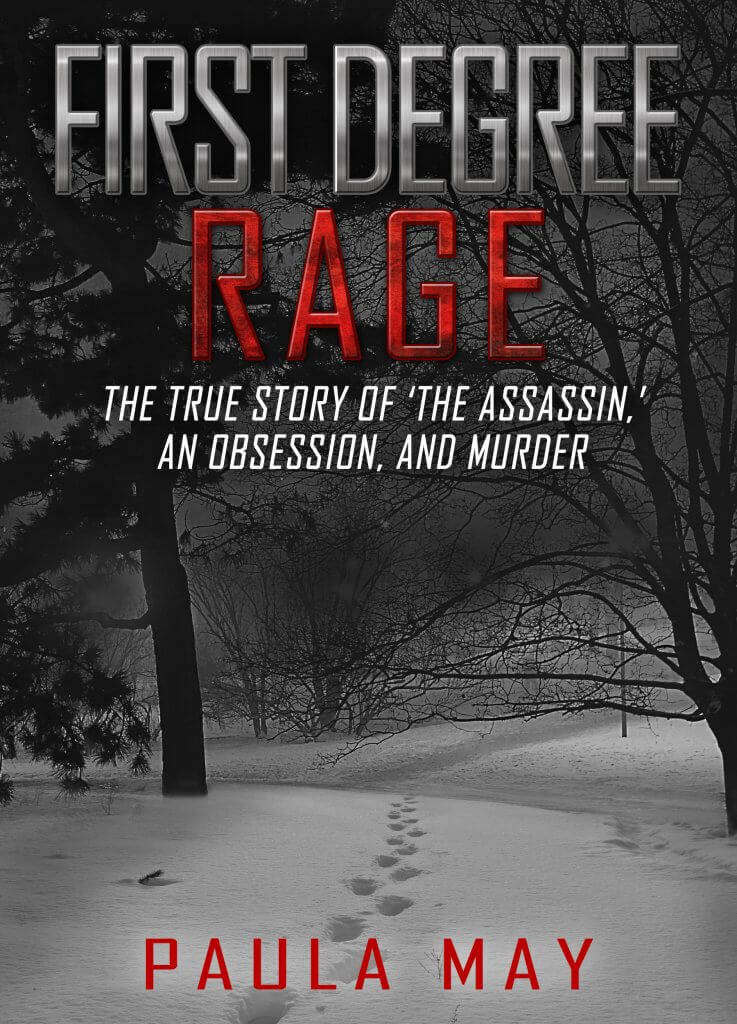
The above listed issues can be aggravated by the fact that abusers tend to find victims in the beginning, who are already feeling powerless in many aspects of their life. Once the abuser begins a relationship with the victim, he often isolates them from their family, friends and other sources of support well in advance of any displays of violence.
Knowledge is power, however, so we must arm the victims we encounter with information and encouragement. We do not need to give up on them, and let us never conclude that they get what they deserve by staying. Let us show compassion and consistently remind them that they are worthy of real love, not abuse.
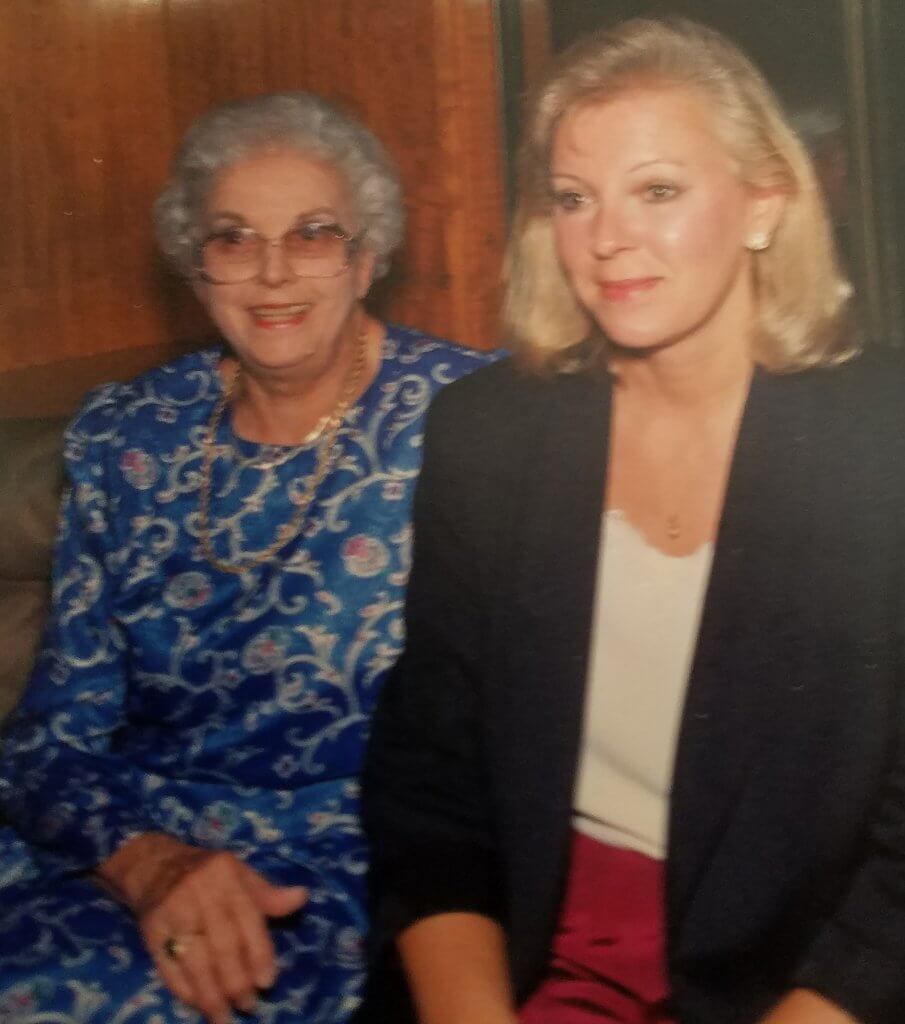
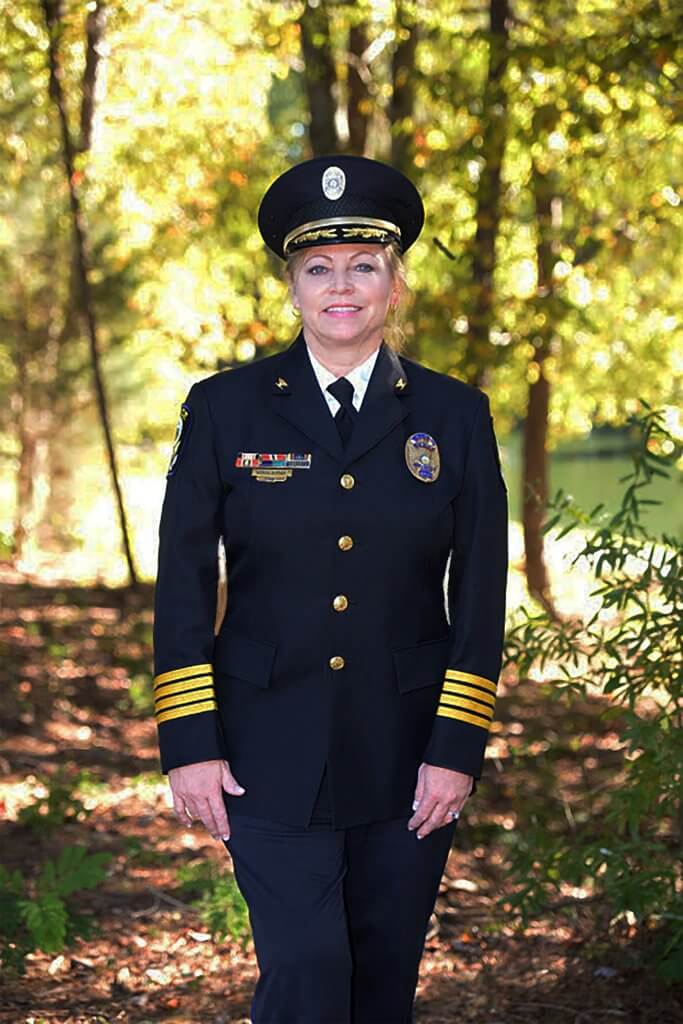
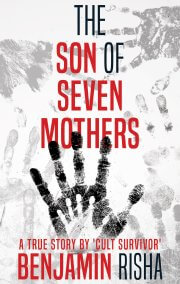


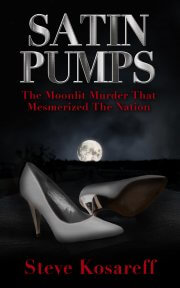
 Join our email list
Join our email list
Excellent article!
Very interesting and well-written.